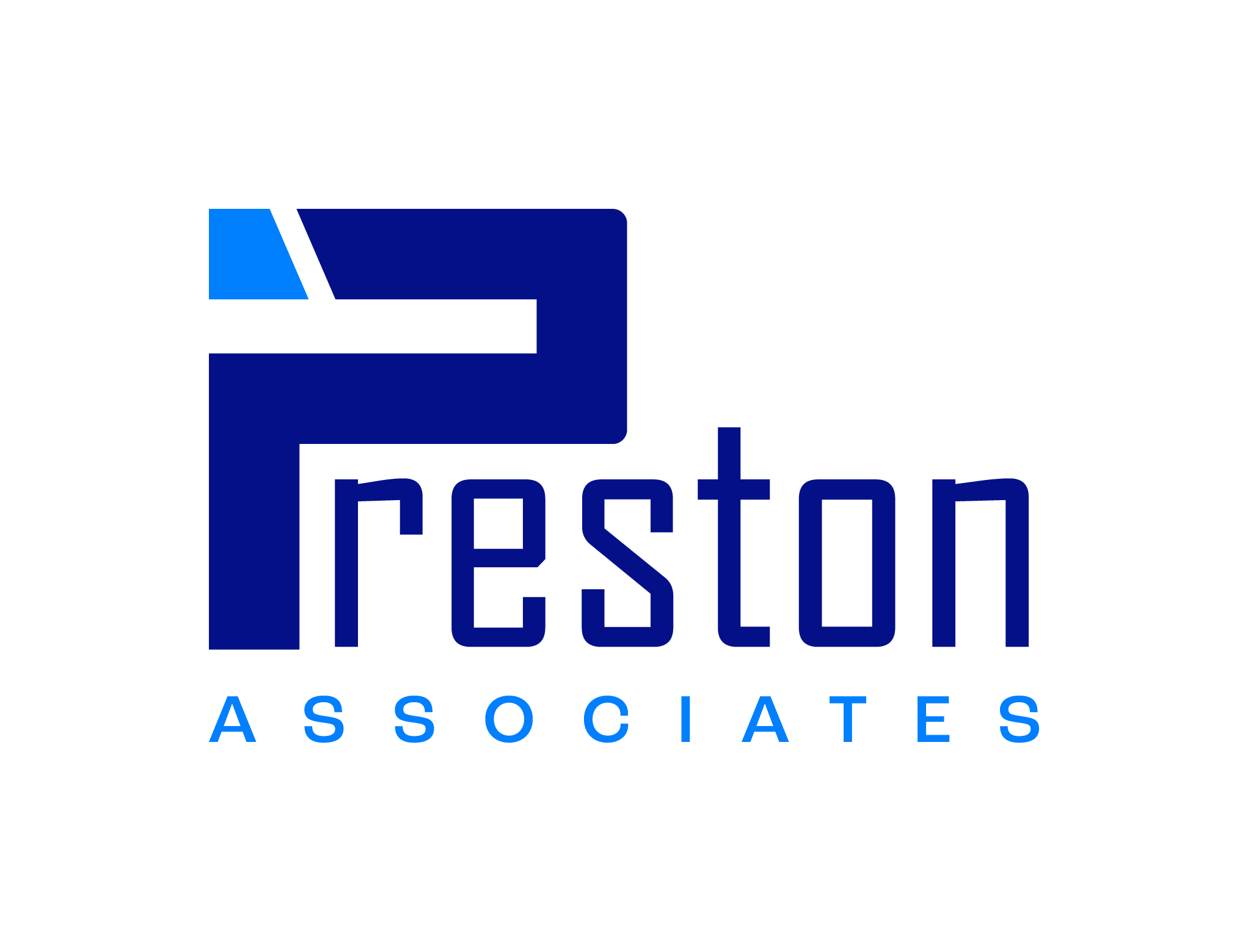In the heart of every successful development project lies a foundation of high quality, reliable data. At Preston Associates, we’ve made it our mission to empower Monitoring, Evaluation, Accountability, and Learning (MEAL) professionals with cutting-edge data collection techniques. Our journey through Africa and beyond has taught us that the right tools and strategies can transform raw data into actionable insights that drive real change.
Before delving into data collection techniques, it is crucial to understand the MEAL framework. This framework is to improve the accountability measures and learning outcomes of development programs. It encompasses monitoring ongoing projects, evaluating completed projects, ensuring accountability to stakeholders, and learning from the data to improve future projects. In this article, we will delve into cutting-edge data collection techniques that MEAL experts can employ to enhance their work and drive project success.
Harnessing Digital Tools for Precision
Gone are the days of cumbersome paper surveys and error-prone manual data entry. The digital revolution has transformed data collection. MEAL experts now have access to a suite of digital tools that streamline the process and ensure data integrity. Survey software like SurveyMonkey, Typeform and Google Forms allow for the creation and distribution of detailed online surveys. For more robust data management, solutions like KoBoToolbox, LogAlto, and Magpi offer secure data handling, real-time tracking, and advanced analytics capabilities.
Innovating with Technology
However, we do not stop at the basics. Staying ahead in MEAL means embracing innovative technologies. Optical Character Recognition (OCR) technology, for instance, can extract information from documents like receipts and invoices with remarkable accuracy. Smartphone-based approaches, such as mobile apps and web platforms, are revolutionizing food data collection by reducing respondent burden and improving data quality.
Engaging Stakeholders for Aligned Interests
We know that the best data comes from engaged stakeholders. Effective data collection is as much about people as it is about technology. Stakeholder mapping and engagement ensure that all parties, from data generators to end-users, have their interests aligned and concerns addressed. This collaborative approach fosters a sense of ownership and commitment to providing accurate, reliable data.
Data integrity is non-negotiable
Data without integrity is just noise. Geo-coordinating recording of data collection locations and time monitoring of form completion are essential quality checks. Data validation checks, integrated into collection tools, catch errors and inconsistencies in real-time, safeguarding the reliability of your data.
Visualizing Data for Actionable Insights
Nevertheless, collecting data is only half the battle. Data is only as good as the insights it generates. Advanced data visualization tools can transform raw data into clear, actionable graphics. This not only aids in understanding complex datasets but also in communicating findings effectively to stakeholders, facilitating informed decision-making.
In the dynamic field of MEAL, staying ahead means constantly evolving your data collection techniques. By leveraging digital tools, innovative technologies, stakeholder engagement, quality checks, and best practices, MEAL experts can ensure their data is not just collected, but with precision, integrity, and purpose.
At Preston Associates, we advocate for a holistic approach to data collection. This includes setting clear objectives, developing detailed field plans, and providing comprehensive training and support to data collectors. Secure data storage, integration of multiple data sources, and continuous monitoring and feedback mechanisms are crucial for maintaining high standards.
Ready to elevate your MEAL processes and amplify your project’s impact? Collaborate with us today. Let’s transform data into the driving force behind your success. Contact us today, and let’s make your data work harder for you.

